
See a movie that you like but it's not at your MDC campus library? Then ask a librarian to request it for you via Inter-Library Loan.
Have a favorite film in this genre? Please leave a comment and we will add it to our list!
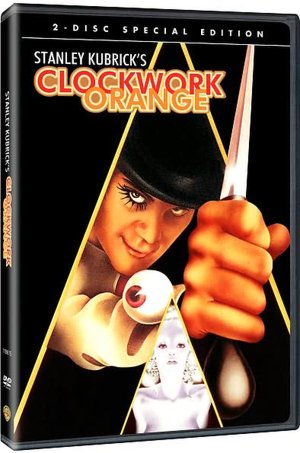 A Clockwork Orange
A Clockwork Orange
 Children of Men
Children of Men
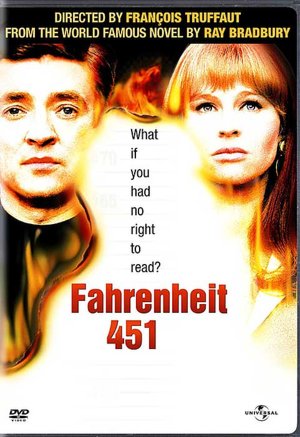 Fahrenheit 451
Fahrenheit 451
 In Time
In Time
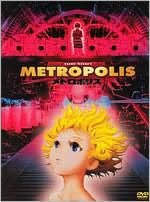 Metropolis
Metropolis
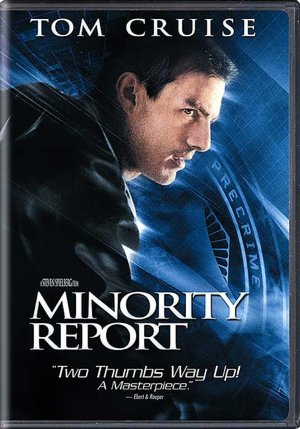 Minority Report
Minority Report
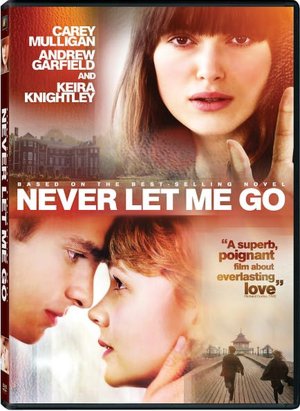 Never Let Me Go
Never Let Me Go
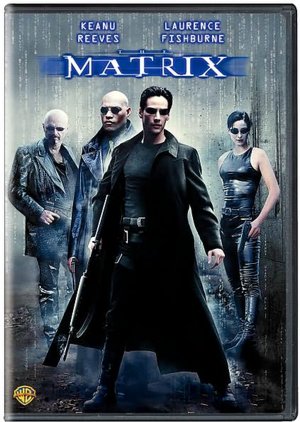 The Matrix
The Matrix